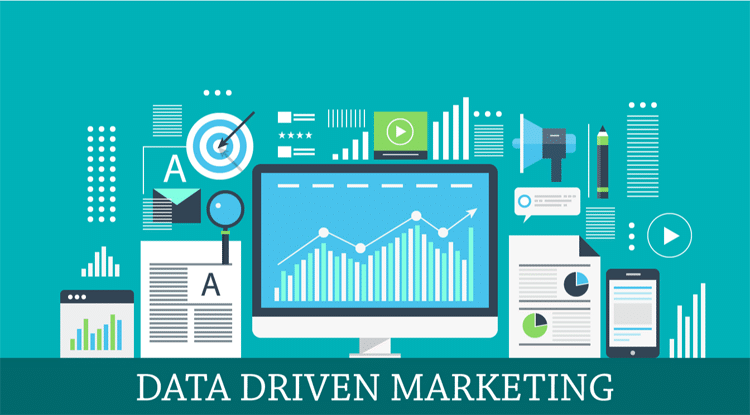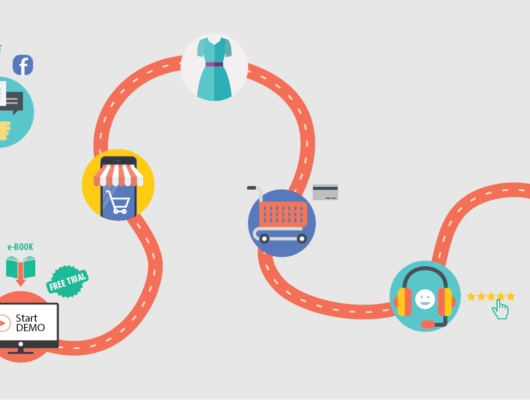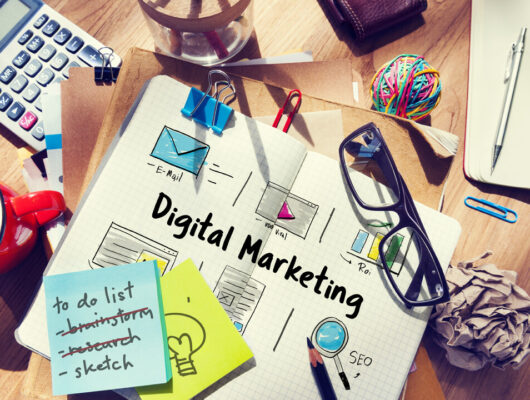In today’s digital age, marketing has evolved from a creative endeavor into a science of precision and effectiveness.
Data-driven marketing is at the forefront of this transformation, enabling businesses to harness the wealth of information available and make informed decisions that drive growth and deliver tangible results.
In this article, we will explore the concept of data-driven marketing, its importance, strategies for implementation, and the key benefits it offers to businesses.
What Is Data-Driven Marketing?
Data-driven marketing is an approach that uses data and analytics to make marketing decisions and optimize campaigns.
It relies on data from various sources, including customer behavior, demographics, market trends, and more, to understand and target the right audience, personalize messages, and measure the impact of marketing efforts.
Importance of Data-Driven Marketing
- Personalization: Data-driven marketing allows businesses to deliver highly personalized content and offers to individual customers, increasing engagement and conversion rates.
- Targeted Marketing: By analyzing customer data, businesses can identify and reach their ideal audience more effectively, reducing ad spend wastage.
- Performance Measurement: Data-driven marketing provides the tools to measure the impact of campaigns in real-time, enabling quick adjustments for better results.
- Customer Insights: Data-driven marketing yields valuable insights into customer behavior, preferences, and pain points, enabling businesses to tailor their strategies to meet customer needs.
- Competitive Advantage: Organizations that embrace data-driven marketing gain a competitive edge by making data-backed decisions that lead to more efficient and successful campaigns.
Strategies for Implementing Data-Driven Marketing
- Data Collection: Start by collecting relevant data from various sources, including website analytics, customer relationship management (CRM) systems, social media, and email marketing platforms.
- Customer Segmentation: Divide your audience into segments based on common characteristics or behaviors. This allows for more personalized targeting.
- Personalized Content: Create content that is tailored to the needs and interests of each segment, making use of dynamic content and recommendations.
- A/B Testing: Experiment with different marketing messages, channels, and strategies to identify what works best for your audience.
- Marketing Automation: Utilize marketing automation tools to deliver personalized messages at the right time to the right audience.
- Real-Time Analytics: Monitor campaign performance in real time, making adjustments as needed to optimize results.
Benefits of Data-Driven Marketing
- Improved ROI: Data-driven marketing leads to better targeting and more efficient resource allocation, resulting in a higher return on investment.
- Enhanced Customer Experience: Personalization and relevance in marketing messages result in a better customer experience, which can lead to increased customer loyalty.
- Better Decision-Making: With access to data and insights, businesses can make informed marketing decisions that align with overall business goals.
- Increased Conversions: Data-driven marketing can significantly boost conversion rates through targeted and personalized messaging.
- Adaptability: The ability to quickly respond to changing market conditions and customer preferences is a significant advantage in today’s dynamic business landscape.
Case Studies: Data-Driven Marketing Success
- Amazon: Amazon’s recommendation system is a prime example of data-driven marketing. They analyze customer behavior and purchase history to recommend products, resulting in a substantial increase in sales and customer satisfaction.
- Netflix: Netflix uses data-driven marketing to recommend content to its users, resulting in longer viewing times and customer retention.
Conclusion
Data-driven marketing is no longer an option; it’s a necessity for businesses looking to thrive in the digital age.
By leveraging data and analytics, organizations can deliver more personalized and relevant marketing messages, achieve better results, and gain a competitive edge.
The key to success is not only collecting data but also using it to inform every marketing decision and strategy.
As technology and data analysis tools continue to advance, businesses that prioritize data-driven marketing will be well-positioned for sustained growth and success.






